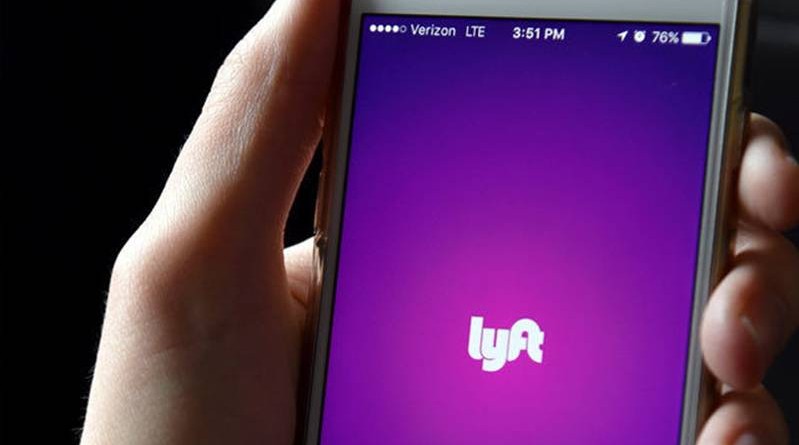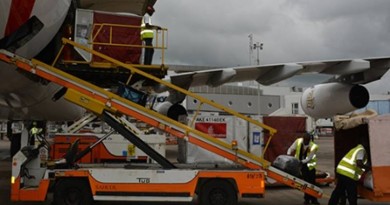Uber’s Competitor, Lyft, claims it now has more than one-third of US ride-sharing market
For the first time, Lyft is disclosing internal market-share numbers, and they show its momentum isn’t letting up after it capitalized on Uber’s disastrous 2017.
Lyft says it has 35 percent of the national ride-sharing market, up from 20 percent 18 months ago. That would represent growth of 75 percent.
Lyft credits more activations of passengers and customers and greater brand awareness. The start-up says its market share is over 40 percent in 16 U.S. markets and that it enjoys majority share in “multiple” markets, although it wouldn’t disclose where.
“The last 18 months have been a period of incredible, sustained growth for Lyft,” CFO Brian Roberts said. “There are no signs of that momentum slowing down.”
As Lyft and Uber battle for market share, they’ve had to spend big on subsidies to drivers and promotional discounts to riders. It’s a race-to-the-bottom strategy that has seen both companies burn through record amounts of cash and struggle to reach profitability.
But both have been trying to rein in spending as they look toward IPOs. Lyft says that in the first quarter of 2018, it reduced its sales and marketing spending by 20 percent year over year.
Market share numbers vary
Typically, market-share figures for ride-sharing have been taken from third-party credit card data. Research firms Second Measure and Certify are often quoted.
As of March, Second Measure put Lyft’s market share at 27 percent and Uber’s at 73 percent. Certify, which tracks business expense data, found that Lyft had 19 percent of the enterprise ride-sharing market in the first quarter versus Uber’s 81 percent.
Uber doesn’t disclose market-share data, but a source familiar with how the company tracks it says Uber’s internal metrics show it with 70 to 72 percent of the U.S. ride-sharing market, which would leave Lyft with at 28 to 30 percent. The person also said data show that Lyft has stopped gaining market share over the last six months.
A different person familiar with how Lyft calculates its market share says the company uses email receipt data, which provides data on ride fare, type and location. The same person says that some credit card panel data don’t paint a full picture because debit cards aren’t included and because it tracks spending instead of rides, which can overcount the high-end UberBlack town car service.
Second Measure tracks credit and debit cards but includes international rides in its U.S. market share calculation. So a ride by someone taking an Uber in France but with a U.S. credit card billing address would be added the U.S. market tally.
By Deirdre Bosa, cnbc.COM




